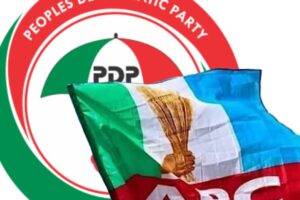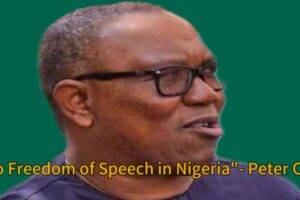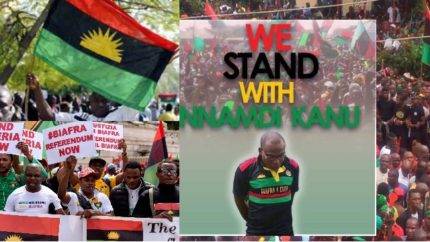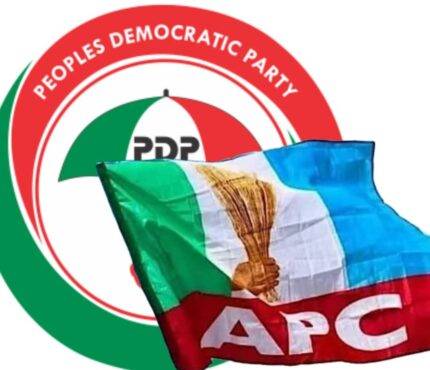In a troubling development, Nnamdi Kanu, the leader of the Indigenous People of Biafra (IPOB), remains confined in the Department for State Service’s solitary confinement. This has sparked widespread concern as his continued detention is viewed by many as a blatant violation of his rights, with the IPOB’s lead counsel, Ifeanyi Ejiofor, asserting that it disregards multiple court orders demanding Kanu’s release.
Nnamdi Kanu’s arrest traces back to June 29, 2021, when he was apprehended by Nigerian security forces. The arrest was purportedly linked to charges of treasonable felony, Nnamdi Kanu is also accused of instigating violence, especially in the Southeastern Nigeria, that resulted in the loss of lives and property of civilians, military, para military, police forces and destruction of civil institutions and symbols of authorities and other offenses related to his activism for the secessionist cause of Biafra. The government’s stance on Kanu’s detention has been met with both domestic and international scrutiny.
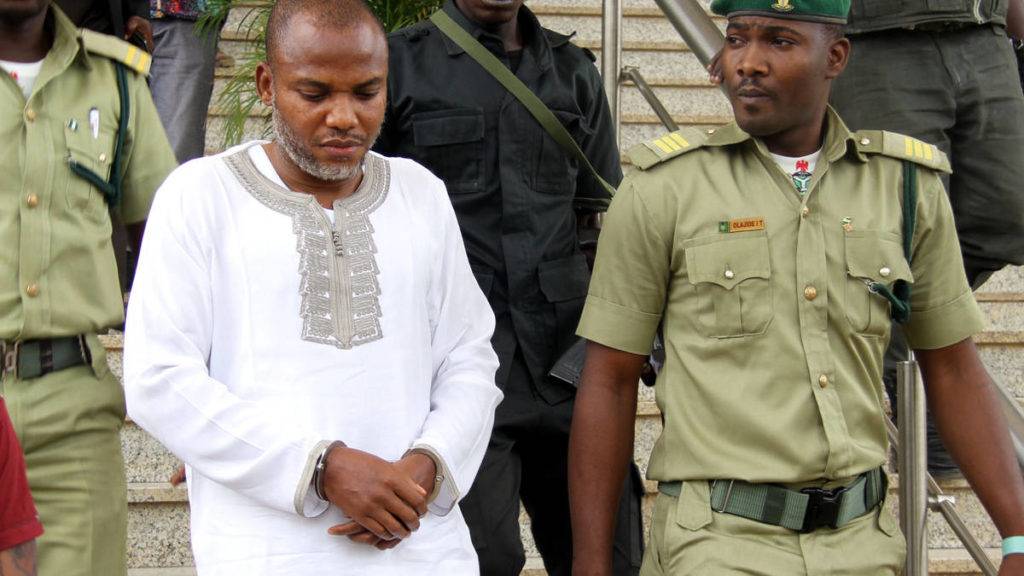
Legal Perspectives on Nnamdi Kanu’s Detention
Ifeanyi Ejiofor, the lead counsel for IPOB, strongly condemns the prolonged detention of Nnamdi Kanu, emphasizing the violation of his human rights as outlined in the Nigerian Constitution, the African Charter on Human and Peoples’ Rights, and international conventions. The legal battle for Kanu’s release underscores the complex interplay between domestic and international law.
Ejiofor’s statement highlights the ongoing legal battles and the persistent call for the Federal Government to adhere to court orders. Legal experts weigh in on the constitutional implications of Kanu’s detention, emphasizing the need for a fair and just legal process. The case has become a focal point for discussions on the rule of law in Nigeria.
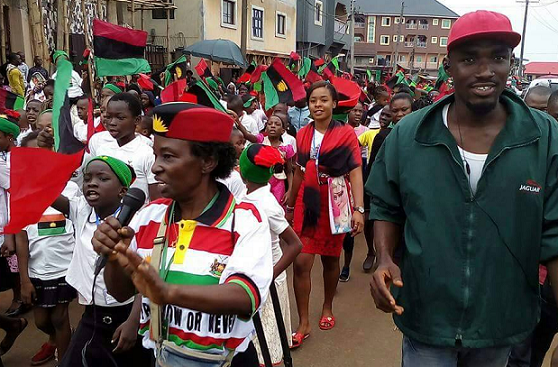
Human Rights Concerns and International Response
Kanu’s solitary confinement has raised serious human rights concerns both within and beyond Nigeria. International organizations, including the United Nations, have been urged to intervene. The situation amplifies discussions about the broader implications of suppressing dissent and its impact on human rights in the region.
Human rights activists globally express their concerns over Kanu’s extended solitary confinement, urging the international community to closely monitor the situation. The diplomatic implications of this case on Nigeria’s standing in the international arena are being closely scrutinized.
Public Outcry and Protests
The continued detention of Nnamdi Kanu has ignited public outcry, leading to protests and demonstrations across the country. The public’s response becomes a crucial aspect of the narrative, reflecting the sentiment of the people and their demand for justice.
Streets filled with protesters demanding Kanu’s release illustrate the public discontent and frustration. The government’s response to these protests and its impact on the overall political landscape are integral to understanding the dynamics surrounding Kanu’s detention.
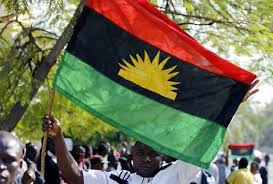
Government’s Position and Reasons for Detention
To comprehend the larger picture, it is essential to delve into the government’s perspective. Understanding the official stance and the reasons cited for Nnamdi Kanu’s detention provides a holistic view of the circumstances surrounding the case.
Government officials contend that Nnamdi Kanu’s detention is based on charges related to his secessionist activities, which they argue pose a threat to national security. Examining the government’s narrative and its implications sheds light on the broader political and security considerations at play.
Implications of Kanu’s Release on Biafra Agitation
Should Nnamdi Kanu be released, it could potentially reshape the landscape of the Biafra secessionist movement. Analyzing the potential outcomes and the impact on regional stability adds a forward-looking perspective to the ongoing saga.
The release of Kanu may either fuel the momentum of the Biafra agitation or offer an opportunity for dialogue and resolution. Examining the potential scenarios provides insight into the future trajectory of the secessionist movement and its implications on Nigeria’s unity.


